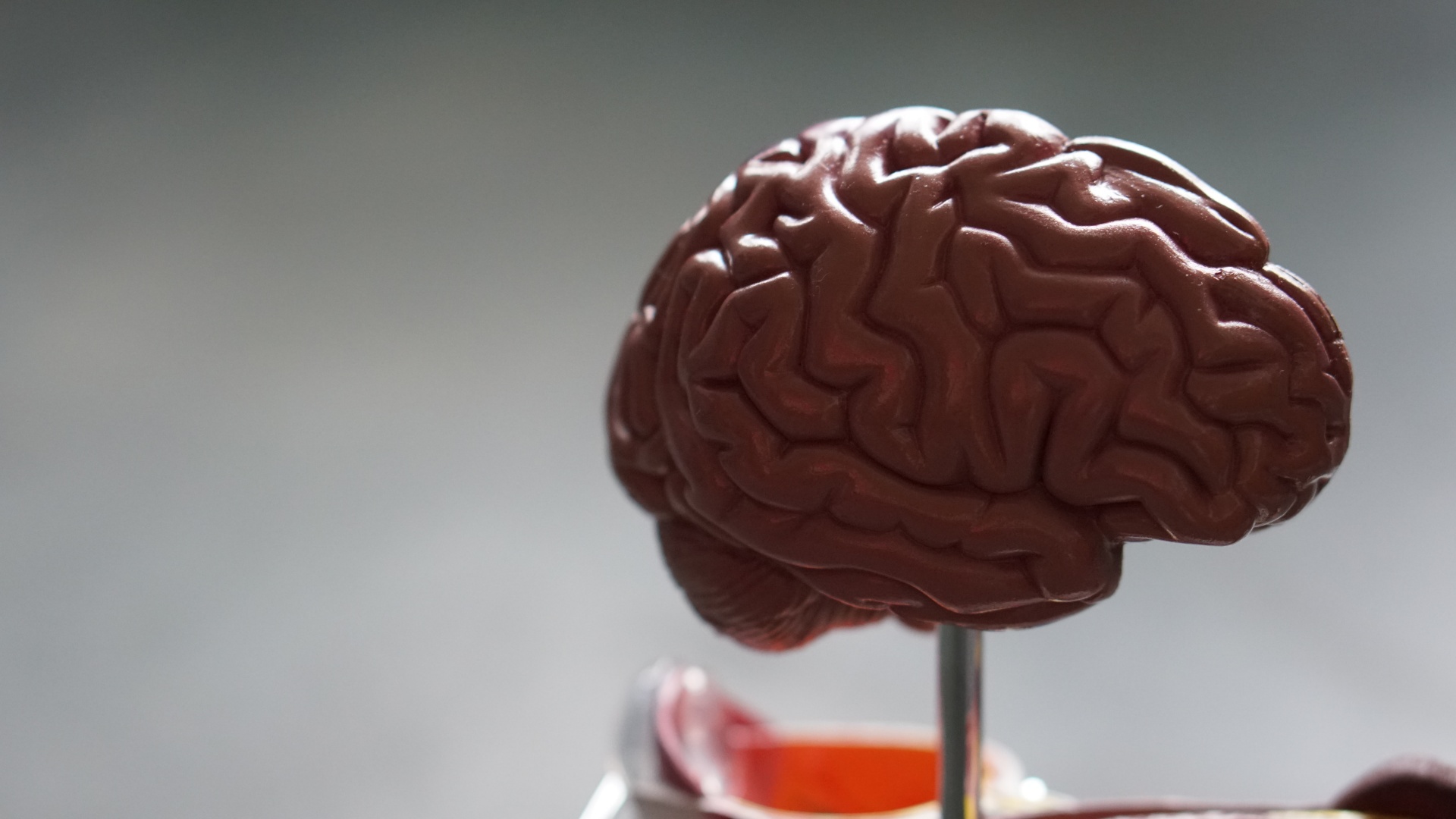- The Food and Drug Administration (FDA) in the US has reportedly denied a request for human trials by Elon Musk’s Neuralink.
- Musk said the company was six months away from human trials during an update event held in November last year.
- The FDA cites safety concerns as the reason why Neuralink was denied.
In November last year Elon Musk-backed company Neuralink held an update event, where the latest developments and progress being made by its scientists was showcased. During said event, Musk said that it was six months away from conducting human trials, pending approval of course.
“We are now confident that the Neuralink device is ready for humans, so timing is a function of working through the FDA approval process,” he tweeted out in December last year.
We are now confident that the Neuralink device is ready for humans, so timing is a function of working through the FDA approval process
— Elon Musk (@elonmusk) December 1, 2022
That approval, however, has not come to fruition. According to the Federal Drug Administration, there are two reasons as to why. The first is that Neuralink simply missed the necessary deadline for applications, and therefore could not be considered.
The other, and perhaps most important, is that there are serious concerns over the safety of the human trials.
“The agency’s major safety concerns involved the device’s lithium battery; the potential for the implant’s tiny wires to migrate to other areas of the brain; and questions over whether and how the device can be removed without damaging brain tissue,” employees at Neuralink informed Reuters regarding requests made to the FDA.
The agency is also said to be looking for guarantees that the battery system and its transdermal charging mechanism that powers the Neuralink implants will not fail. Another issue relates to the microscopic size of the probes that are implanted into the brain, and how easily removal or upgrades to them will be for patients involved in a human trial.
As such, there are a lot more questions that the company will need to answer before any request will even be considered for approval.
We have not mentioned the number of animals that have died as a result of Neuralink tests either, the company coming under investigation for the sheep, pigs, and monkeys that have been killed, totalling more than 1 500 in reports.
While Neuralink is indeed doing some interesting work, Musk’s push to get to the human trial phase needs to be tempered if the company’s ambitious goals of tackling neurological diseases are to become a reality.
[Image – Photo by Robina Weermeijer on Unsplash]

